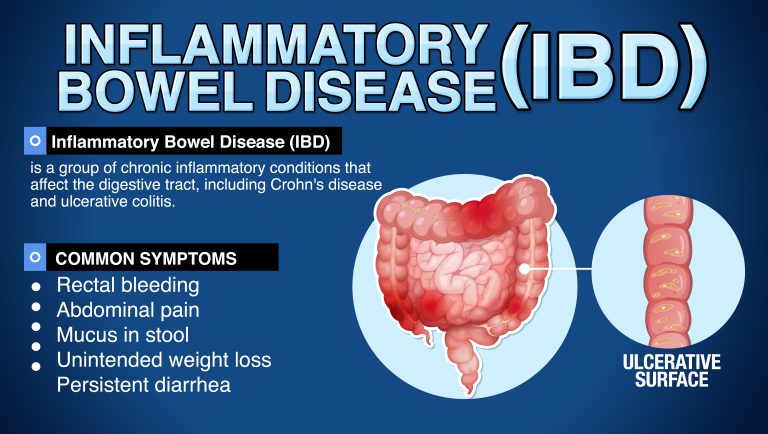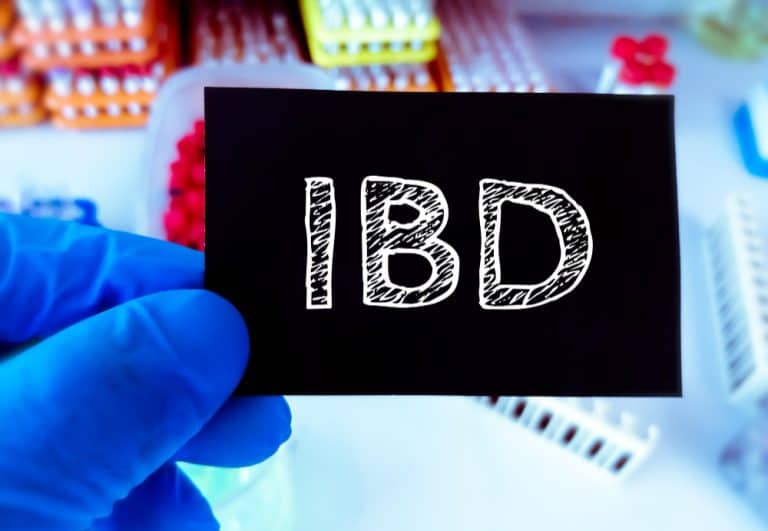Living with Inflammatory Bowel Disease (IBD) can be a challenging and overwhelming experience. From managing symptoms to tracking flare-ups, IBD requires constant monitoring and care. One effective way to manage IBD is through tracking symptoms and managing flare-ups. In this article, we’ll explore how to choose the best IBD tracker for your needs, and how tracking your symptoms can help you take control of your health.
What is IBD?
Inflammatory Bowel Disease (IBD) is an umbrella term for conditions that cause chronic inflammation in the digestive tract. The two most common forms of IBD are Crohn’s Disease and Ulcerative Colitis. Symptoms of IBD can range from mild to severe and include abdominal pain, diarrhea, weight loss, and fatigue.
Why Track Your Symptoms?
Tracking your IBD symptoms can help you identify patterns, triggers, and potential flare-ups. This information can be incredibly useful in managing your condition, communicating with your healthcare team, and making informed decisions about your health.
What to Look for in an IBD Tracker
There are many different types of IBD trackers available, ranging from simple paper logs to complex smartphone apps. When choosing an IBD tracker, consider the following factors:
User-Friendliness
Choose an IBD tracker that is easy to use and navigate. You don’t want to spend more time entering data than you do managing your symptoms.
Customizability
Choose an IBD tracker that allows you to track the symptoms that are most relevant to you. Different people experience IBD in different ways, so it’s important to choose an IBD tracker that is customizable to your needs.
Data Analysis
Choose an IBD tracker that provides data analysis tools. These tools can help you identify patterns in your symptoms and make informed decisions about your health.
Privacy and Security
Choose an IBD tracker that takes your privacy and security seriously. Your health information is sensitive and should be protected.
Integration with Healthcare Team
Choose an IBD tracker that can integrate with your healthcare team. This can include sharing data with your doctor, nurse, or other healthcare professionals.
Types of IBD Trackers
There are many different types of IBD trackers available, each with its own advantages and disadvantages. Here are a few examples:
Paper Logs
Paper logs are a simple and low-tech way to track your symptoms. You can use a notebook or print out a template to fill in each day. The advantage of paper logs is that they are customizable and don’t require any special equipment. The disadvantage is that they can be time-consuming to fill out and don’t provide any data analysis tools.
Spreadsheet Trackers
Spreadsheet trackers are another low-tech option. You can use a program like Microsoft Excel or Google Sheets to create a customizable symptom tracker. The advantage of spreadsheet trackers is that they can be easily shared and analyzed. The disadvantage is that they require some basic computer skills to set up.
Smartphone Apps
Smartphone apps are a popular option for tracking IBD symptoms. There are many different apps available, each with its own features and advantages. The advantage of smartphone apps is that they are easy to use, customizable, and often provide data analysis tools. The disadvantage is that they may require a subscription fee and may not be compatible with all devices.
Wearable Trackers
Wearable trackers are a newer technology that allows you to track your symptoms in real time. These devices can be worn on the wrist or attached to clothing and provide continuous monitoring of heart rate, sleep patterns, and activity levels. The advantage of wearable trackers is that they provide real-time data and can be used to track multiple health metrics.
In conclusion, choosing the best IBD tracker is a personal decision that depends on your individual needs and preferences. Whether you choose a simple paper log or a high-tech wearable tracker, what matters most is that you find a tracker that helps you take control of your health and live your best life.
FAQs:
- Is it necessary to track my IBD symptoms?
Yes, tracking your symptoms can help you identify patterns and potential flare-ups, allowing you to take control of your health.
- Are digital IBD trackers better than paper logs?
It depends on your needs and preferences. Digital trackers provide more data analysis tools, while paper logs are customizable and don’t require any special equipment.
- How do I choose the best IBD tracker for my needs?
Consider factors such as user-friendliness, customizability, data analysis, privacy and security, and integration with your healthcare team.
- Can I share my IBD tracker data with my healthcare team?
Yes, many IBD trackers allow you to easily share your data with your doctor or nurse.
- Will tracking my IBD symptoms cure my condition?
No, tracking your symptoms is just one tool for managing your IBD. It can help you identify patterns and make informed decisions about your health, but it will not cure your condition.



